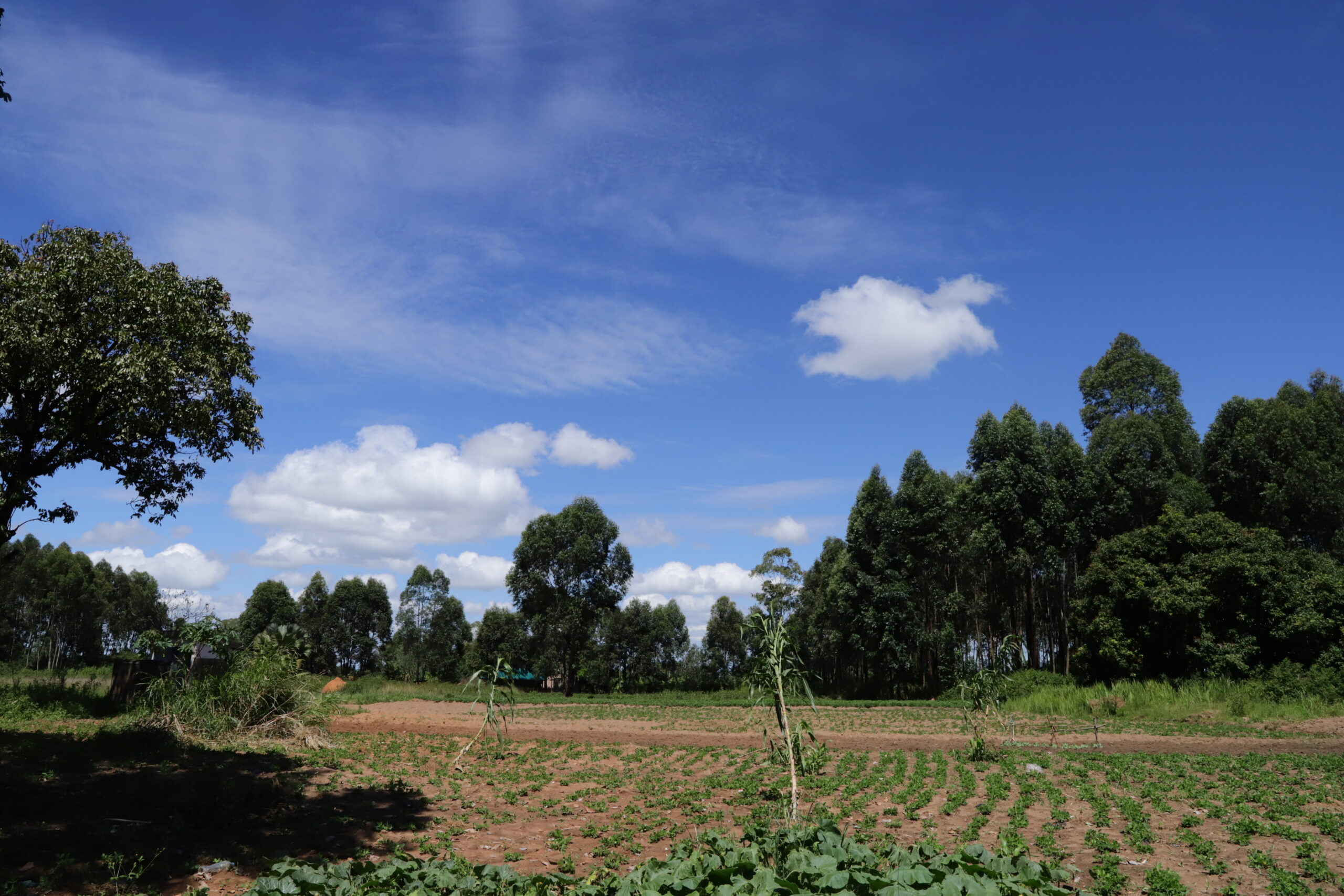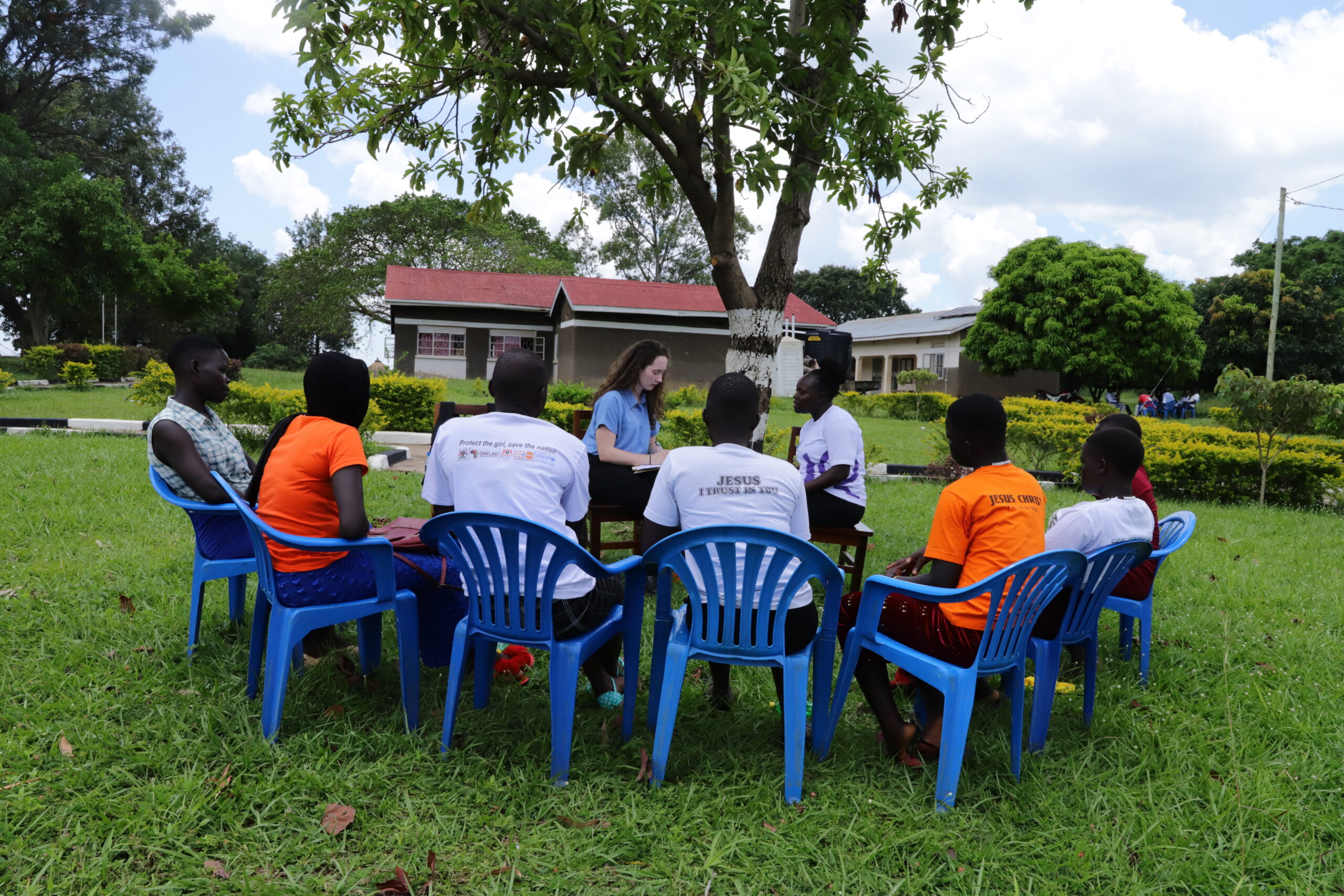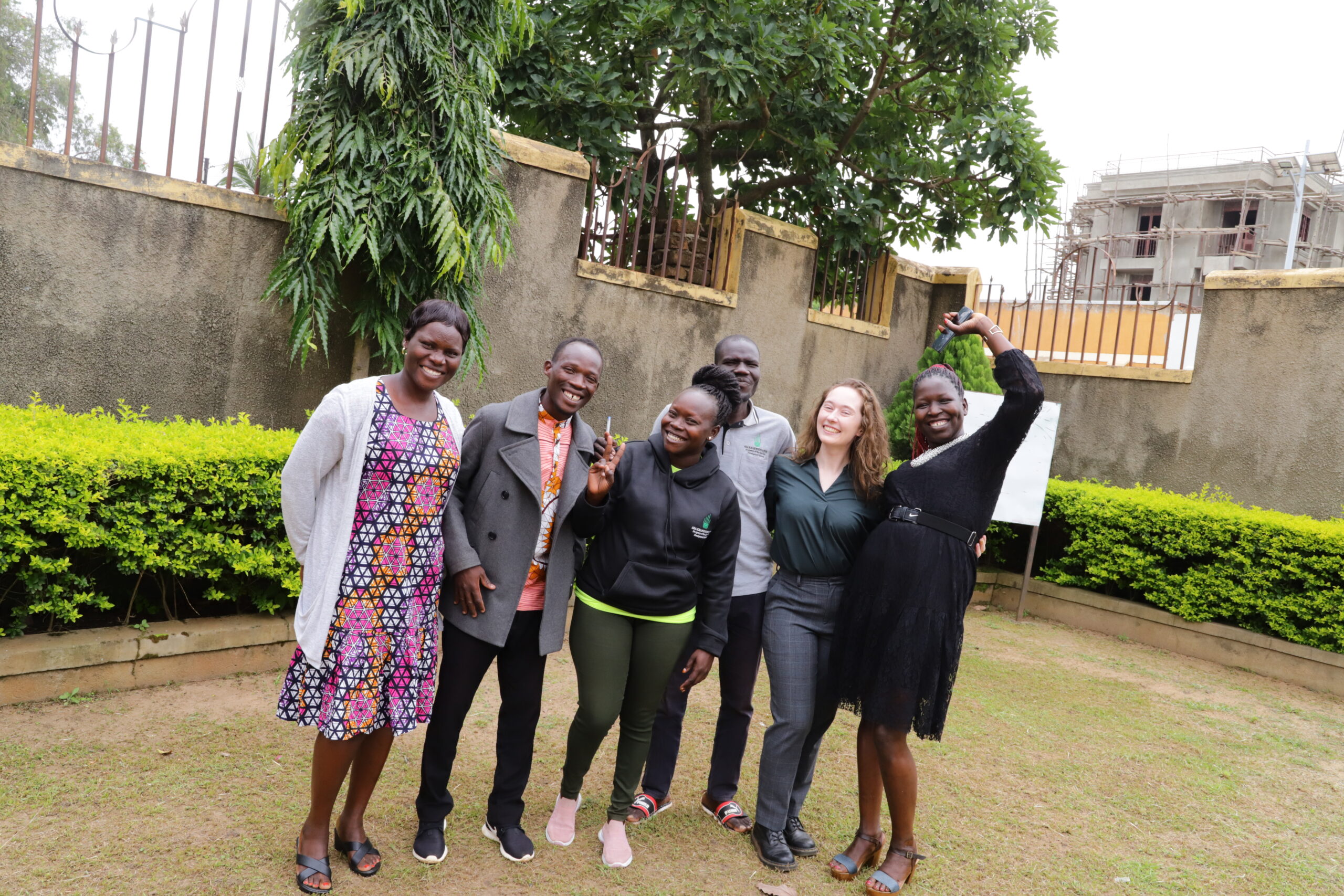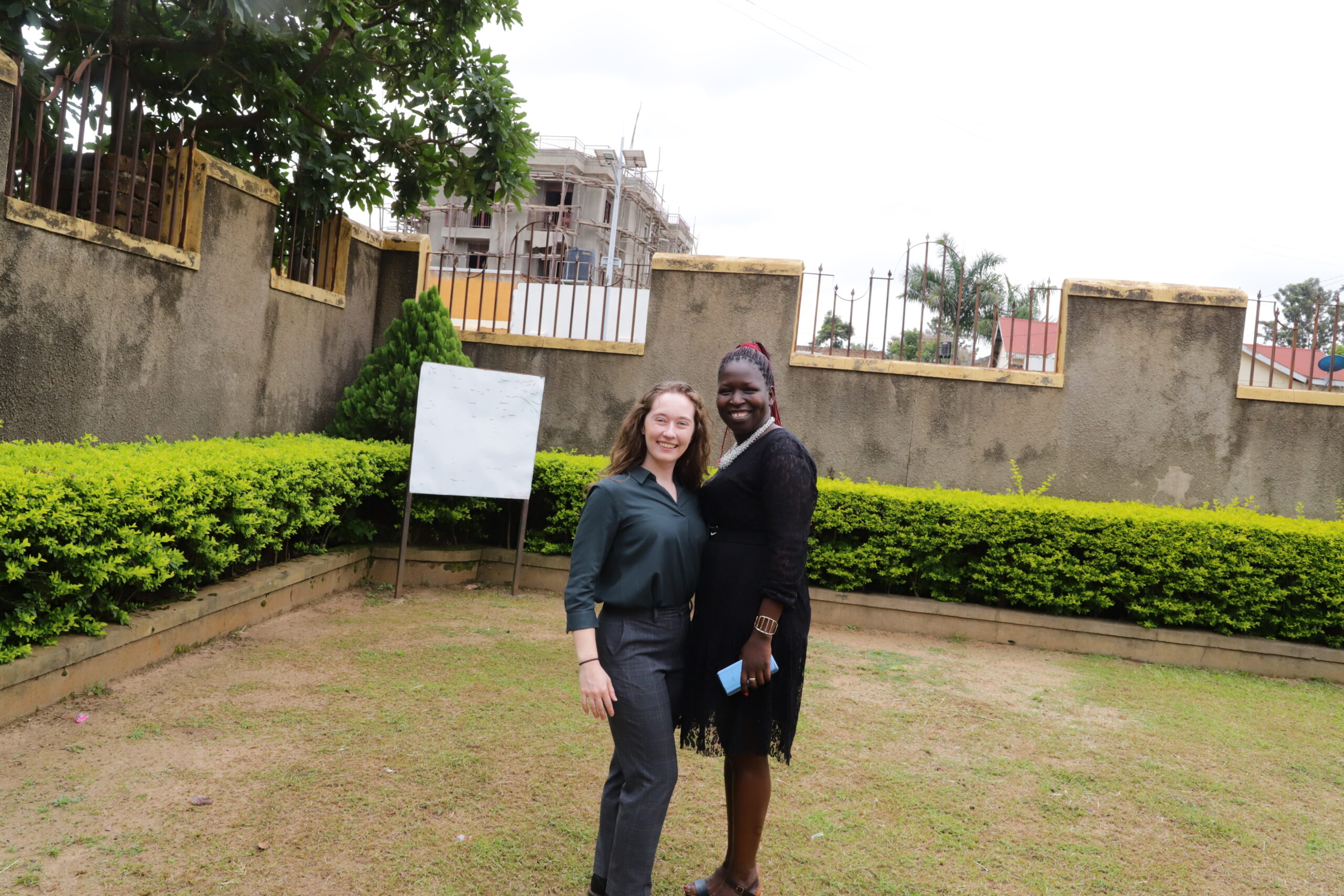by Victoria Dugdill, who is working as a Gender Equality Fellow in Kampala, Uganda.
I had sometimes lamented the fact that doing my Master’s degree during the pandemic had meant that I was unable to conduct research with communities directly. To me, this had always been one of the most important aspects of this kind of work – collaborating with people who would be directly impacted by research – but I had eventually accepted that this wouldn’t be a possibility for me by the time I had finished my degree.
I was therefore so excited when, during my placement, I had the opportunity to take the research skills I had developed during my studies and apply them to on-the-ground research with local communities in West Nile, Uganda.

This research was intended to build knowledge on the specific intersections of climate change and gender equality – investigating how gender norms impact the ability of women and girls to adapt to climate change, and how climate change impacts women and girls in their experiences of the norms assigned to them because of their gender.
Climate change is a major threat to communities globally, resulting in various risks to long-term well-being. It is causing flooding, droughts, and coastal erosion to name a few, each of which has ripple effects in terms of food insecurity, displacement, poverty, and overall decreased quality of life. Additionally, many of these impacts are felt by countries and communities with the least responsibility for climate change – like Uganda, where I am currently doing my Fellowship.
Although I am a Gender Equality Fellow, climate change has been at the forefront of my mind for some time now. When the opportunity to conduct research at the intersection of these two issues presented itself, I jumped at the chance to learn more.
I am currently based in Kampala, but my research took me to Arua district in West Nile. West Nile is a region in northwest Uganda, bordering South Sudan and the Democratic Republic of the Congo. It has a large agricultural presence, which is heavily affected by changes in rainfall patterns, droughts, and flooding, impacting infrastructure and farming practices in the region.

Before leaving for Arua with my supervisor Agnes, I wanted to learn as much as I could about the context in which I would be conducting research – I completed a desk review of academic journals, reports, and government resources to prepare. In Arua, we met Emilly, Gloria, Kanan, and Collins, research assistants who played a key role in the research team.
Emilly, Gloria, Kana, and Collins had existing relationships with the communities with whom we would be conducting research and spoke the local language, Lugbara. This was so very important to the process, as it meant that we weren’t coming in as strangers, merely documenting the experiences of the people with whom we conducted the focus group discussions and key informant interviews, but were instead connected to people they knew. Additionally, the discussions being conducted in Lugbara meant that we could talk to people experiencing these impacts whose voices otherwise wouldn’t have been heard.
Marginalized members of communities experience heightened impacts from global trends such as climate change and are less likely to be heard within their communities on the unique struggles they face. Additionally, communities in the Global South are less likely to have their voices heard, due to geographical, social, and language factors which decrease the likelihood of their experiences being transferred, unless specific dedication is demonstrated to prioritize the recording of their experiences. Because of this, when we do development programming, we must include the insights, experiences, and voices of the people impacted by the work we do. Without which, our work likely won’t empower communities in the way it should.

This research taught me many things about the importance of conducting research in communities, in their languages. While I had already understood this importance from an academic perspective, engaging people in this way highlighted the need for inclusivity in research and the way in which epistemological knowledge contributes to learning about and understanding experiences you haven’t had yourself.
I also learned that it’s okay to feel slightly lost or unsure in the research process – this was particularly relevant during the primary data collection process. I don’t speak Lugbara, and so at times would reflect on my positionality within these spaces, while the conversations were held in a language I couldn’t understand. In doing so, I was able to truly appreciate the importance of centering the communities with which we were working; if the research had been conducted in English, most people we talked to during our collection process would have been excluded, and their participation was far more important than my ability to understand everything that was being said.
I also had the chance to develop my understanding of climate change and gender equality and see how this research filters into development; programming needs to have impacts on communities and a rationale for its implementation, and it is through engaging with these communities that we can fully identify the issues being faced and ask what is needed within these communities. That way, we don’t merely prescribe a solution based on our external analysis, rather, we collaborate with the communities we hope to support. This is how development gets off the ground, by conducting research and speaking with participant communities.
Coming out of this research, I had a sense of accomplishment. Not only did I get to participate in the type of work that I had originally accepted wouldn’t be a reality for me based on my studies during the pandemic, but I got to do research that was meaningful, and which will have impacts by adding to our knowledge of climate change and gender, and specifically how they interact with one another.


